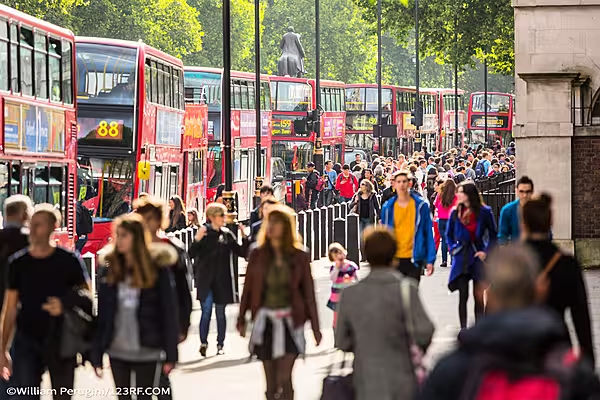British shoppers were hit by the biggest increase in prices charged by major retailers in more than nine years in January, according to a survey that added to signs of accelerating inflation momentum.
The British Retail Consortium said on Wednesday - a day before the Bank of England is expected to raise interest rates for a second time in two months - that shop prices rose by 1.5% in January compared with the same month in 2021.
That was the biggest annual increase since December 2012 and was almost double December 2021's 0.8% rise.
Food Price Increase
Food prices rose by 2.7% - the most since October 2013 and up from 2.4% in December, which reflected poor harvests, labour shortages and rising global food prices, the BRC said.
But the bigger impact came from non-food prices rose by 0.9% after falling by 0.2% in December, led by furniture and flooring which saw exceptionally high demand.
Britain's consumer price inflation rate, which measures a broader range of spending, hit a 30-year high of 5.4% in December, almost three times the BoE's 2% target, and is expected to squeeze demand for non-essentials this year.
Surge In Costs
"The surge in energy and travel costs is now impacting disposable incomes and is likely to dent consumer’s willingness to spend," Mike Watkins, head of retailer and business insight at NielsenIQ, which co-produces the data, said.
"This will mean stores will need to encourage cash-strapped customers to keep shopping and despite the increase in shop prices, retailers are responding by keeping price increases as low possible for as long as possible."
Research by NielsenIQ showed nearly a half of all households cited the rising cost of living as their most important concern.
Earlier in the week, Kantar said that inflation was leading to a 'cost of living squeeze' in the UK.
News by Reuters, edited by ESM. For more Retail news, click here. Click subscribe to sign up to ESM: European Supermarket Magazine.










